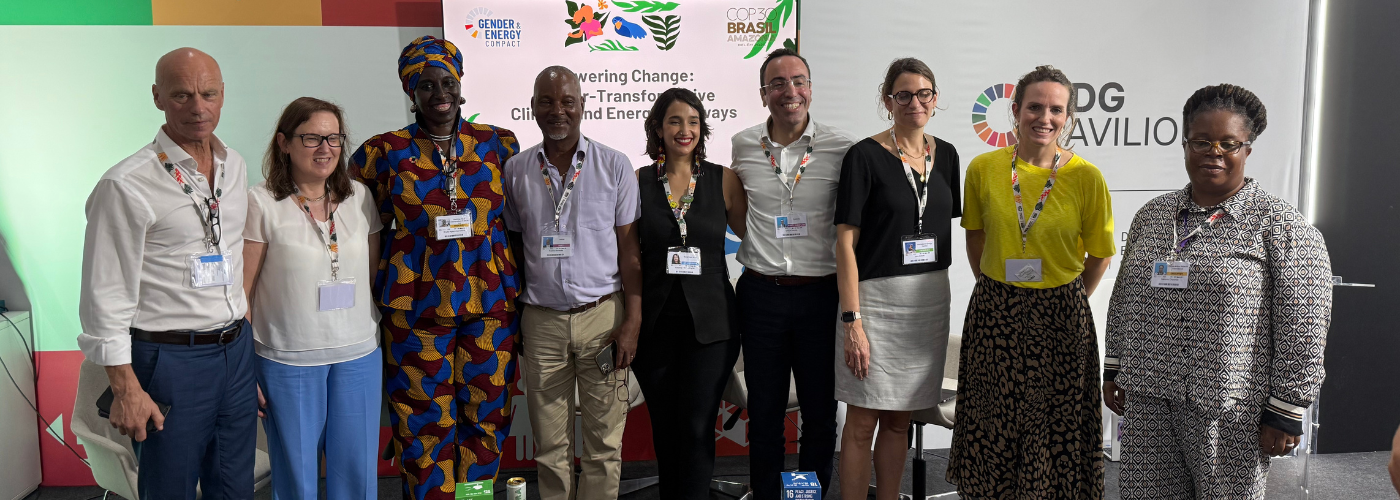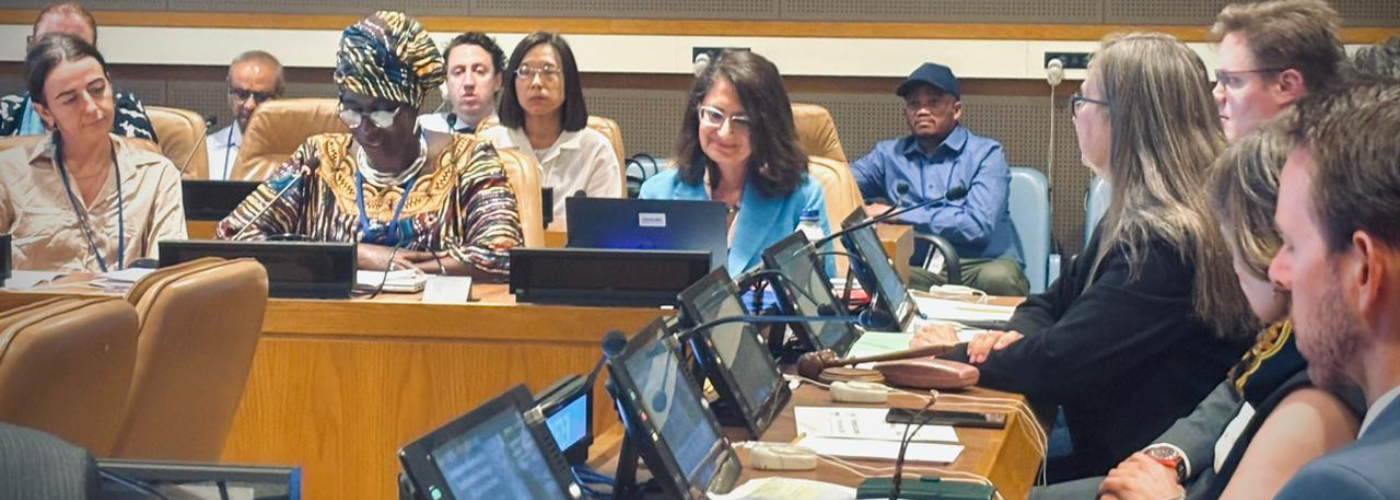By Alexa Charouhis
The United Nations Oceans Conference held in Nice, France this week, has been billed as our last best chance to protect the oceans, slow climate change, and save the planet. With the pressure on to deliver unprecedented action, 170 nation representatives, 60 Heads of State, 2000 scientists, and 15,000 business and community leaders showed up. On the sidelines of the conference, another 100,000 visitors watched and waited to see whether this latest gathering of nations delivers more than declarations. Because for the oceans, and the billions of people who rely on them, time is running out.
With 12 island nations set to disappear beneath the waves this century, and 60% of my own community on track for submersion by 2050, I looked forward to what I hoped would be a breakthrough forum of progress and solutions.
Secretary-General António Guterres opened the conference with a stark warning that increasing temperatures, mounting plastic pollution, collapsing fish stocks, and rising seas are threatening humanities’ very survival. Reminding nations that our oceans provide food for more than three billion people, Prince Williams urged cooperative protections “to save our world.” French President Emmanuel Macron made a forceful appeal for “collective action.” Costa Rican President Rodrigo Chaves Robles urged a shift from “exploitation to stewardship.” And former Secretary of State John Kerry, attending the conference without backing of the United States Administration, urged nations to step up and ratify the High Seas Treaty, a historic agreement twenty years in-the-making that could turn the formidable tide. Transparency. Collaboration. Multilateralism. As I listened to the urgent pleas for action crucial to humanities’ survival, cloaked in platidunal and imperative words repeated a thousand times before – I wondered if this time, at this conference, the world might step up to give meaning to the words.
Invited to speak at the Panel on Waves of Change: Women’s and Youth’s Leadership in the Renewable Energy Ocean Economy, I shared the small actions my organization is taking in Miami, and in partnership with youth in Gabon, Peru, and the Dominican Republic. Our commitments include restoring million mangroves by 2030, and providing $10,000 in financial support for girls’ secondary education in undeveloped coastal communities most impacted by climate change.
Though I hold no illusions that my voice provided any real additive, National Voluntary commitments made during the Conference pledged progress. Promises included the European Commission’s 1 billion EUR investment to support ocean conservation; French Polynesia’s creation of the world’s largest protected marine area; Indonesia’s and the World Bank’s groundbreaking financial plan for coral reef conservation; and financial commitments by New Zealand (52M), Germany (100M), Italy (6.5M), and Canada (9M).
And just moments before the final conference bell, as lead negotiators rushed to save humanity from itself, Belgium and Greece joined as the last signatories to the High Seas Treaty, a landmark deal intended to provide a tidal wave of hope for our oceans and planet. Hundreds of boats, clustered in the Mediterranean just off the shores of Nice, sounded their foghorns for the celebratory moment.
But as attendees exited the conference in fanfare, the grim faces of the Ministers from the Marshall Islands and Papua told another story, their countries’ fates ceded to impending sea rise. Halting fossil fuel extraction, necessary to stop our oceans from overheating, was left out of the conversation. Funding necessary to ensure the sustainability of our marine ecosystems, pegged at $175B annually, stalled at $10B. The High Seas Treaty, twenty years in the making, fell just shy of the 60 signatories needed to curb overfishing and halt ocean pollution, with major emitters including China, the United States, India, and Japan declining to ratify, leaving the foundational agreement legally unenforceable.
And away from the press on the other side of the main conference tents, 2,000 scientists gathering for the One Ocean Science Congress, exchanged bleak stats revealing a planetary unravelling. The world’s most vital ecosystem, responsible for generating the oxygen essential to our very survival, remains in freefall. With 35% of fish stocks already overfished, and 97% of migratory fish nearing extinction, a dangerous decrease in fish populations could leave billions of people facing economic collapse and food insecurity by 2048. Ocean heat is gripping the planet as last month’s temperatures push us toward the hottest year on record. And if world leaders needed a reminder, the conference closed with the highest-ever temperature recorded for June 13.
Packing away my lap-top with my carefully crafted speech pleading for change, I headed out of the UN Oceans Conference with a mix of hope and fear. While technocratic fixes and aspirational promises won’t save us, world leaders arrived in Nice with an unprecedented will to protect our oceans, and set in motion much needed forward momentum. This November, 197 countries will try again at COP30 in Belem, Brazil, hoping to put enough action into play to ensure humanity’s survival.
But for some coastal communities, time has already run out

Alexa Charouhis is a 15-year-old environmentalist from Miami and the president of We Are Forces of Nature, a youth-led organization working to halt climate change. She leads the Fashions Forward Initiative, reintroducing vintage clothing into the circular economy, with all proceeds supporting girls secondary education in developing coastal communities most impacted by climate change. She can be reached at volunteer@weareforcesofnature.org.










